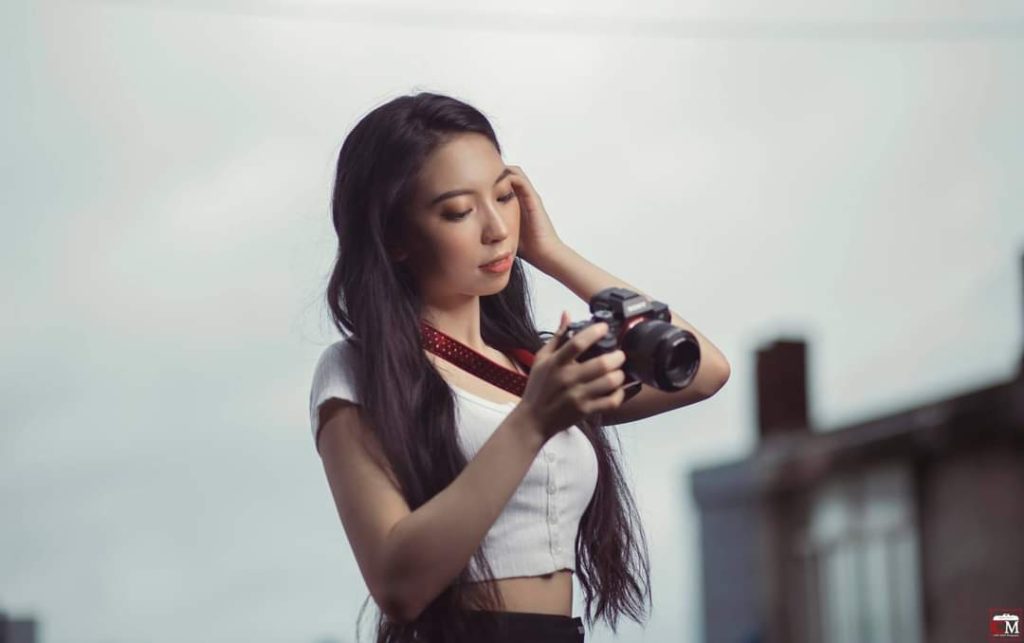Louise Boyle | New York
We are protecting wildlife at risk from poachers due to the conservation funding crisis caused by Covid-19. Help is desperately needed to support wildlife rangers, local communities and law enforcement personnel to prevent wildlife crime.
The coronavirus pandemic is taking a devastating toll on conservation efforts across Africa with the collapse of tourism and a drop in philanthropic giving in the face of a looming global recession.
To help tackle the crisis, a group of more than 60 acclaimed wildlife photographers from around the world have come together to create a fundraising campaign, Prints for Wildlife, to support the protection of critical wild ecosystems and local communities.
This week, The Independent revealed the potential scale of the conservation crisis caused by plummeting revenues, which also impacts the livelihoods of hundreds of rangers who protect at-risk wildlife from poachers. Our Stop The Illegal Wildlife Trade campaign, launched by The Independent’s largest shareholder Evgeny Lebedev, is calling for an international effort to clamp down on the illegal trade of wild animals, which remains one of the greatest threats to future biodiversity.
After coronavirus, even the most basic wildlife protection is at risk
The photography fundraiser, which launches on Sunday, was created by photographers Marion Payr and Pie Aerts, in aid of parks managed by conservation non-profit African Parks.
The organisation works in partnership with local governments across 18 parks in 11 African nations to safeguard biodiversity and support local people by delivering clean water, food security and carbon sequestration along with providing jobs and healthcare.
One of the prints for sale features a female leopard in Namibia(Pie Aerts)
“When the entire world dropped off a cliff last March due to the outbreak of Covid-19, I felt the urge more than ever to be a voice of our planet in bringing together some of the best wildlife photographers in the world in an attempt to use the incredible power of art to ignite immediate action and contribute to conserving some of the most precious ecosystems of Africa,” Mr Aerts told The Independent.
Each of the photographers has donated a limited fine art print to the fundraiser, on sale for $100 via online shop Prints for Wildlife for the next month.
Will Burrard-Lucas, a British wildlife photographer, recalled capturing the photo that he donated to the fundraiser.
The solitary lioness Lady Liuwa taken in Liuwa Plain National Park in Zambia, 2015(Will Burrard-Lucas)
“In 2015, I spent two months in Liuwa Plain National Park in Zambia,” he told The Independent. “After decades of poaching and illegal trophy hunting, there was a single lioness left in the park, known as Lady Liuwa. Lions usually live in a pride but she demonstrated unbelievable resilience by surviving for many years completely on her own.
“When African Parks took over management of Liuwa Plain with Zambia’s Government, they reintroduced lions and Lady Liuwa was able to live out the remainder of her life as part of a pride. I am delighted to be able to donate to this fundraiser a photograph of Lady Liuwa that I captured shortly before she passed away of old age.”
The Covid-19 conservation crisis has shown the urgency of The Independent’s Stop the Illegal Wildlife Trade campaign, which seeks an international effort to clamp down on illegal trade of wild animals.
Peter Fearnhead, CEO and co-founder of African Parks, said the pandemic had put already vulnerable communities and wildlife at greater risk.
“The unity that is rallying across the world through initiatives such as Prints for Wildlife helps to ensure some of the continent’s most important ecosystems can continue to safeguard biodiversity and support people during these extraordinarily difficult circumstances,” he added.
